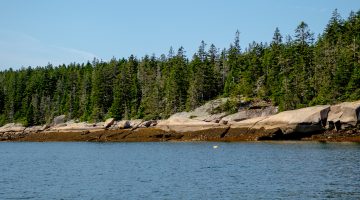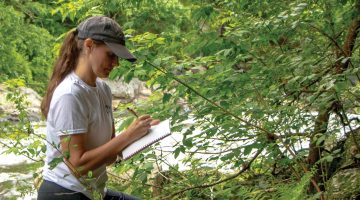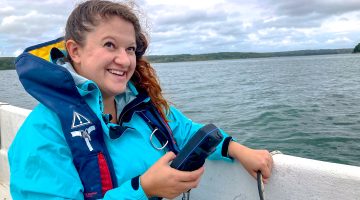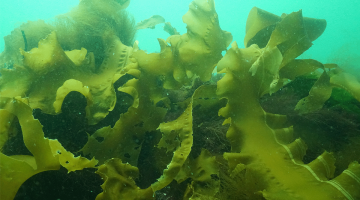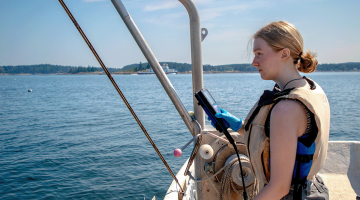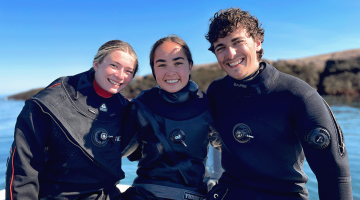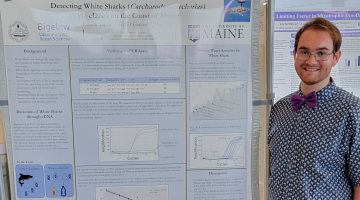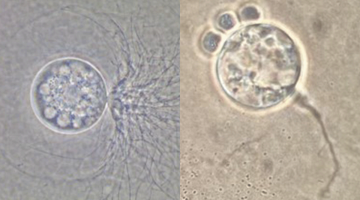UMaine undergraduate students play a key role in developing forestry technology
by Jesse Bifulco, Maine EPSCoR media intern It can be challenging for researchers and tree farmers to get their hands on the precise equipment they need to monitor their ecosystems. A dendrometer, an automated measurement device that wraps around a tree’s trunk, can provide insights into growth and health. These measurements are critical to monitoring […]
Read more

